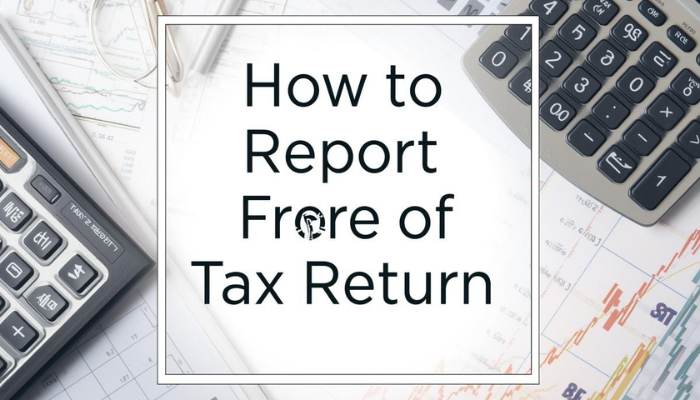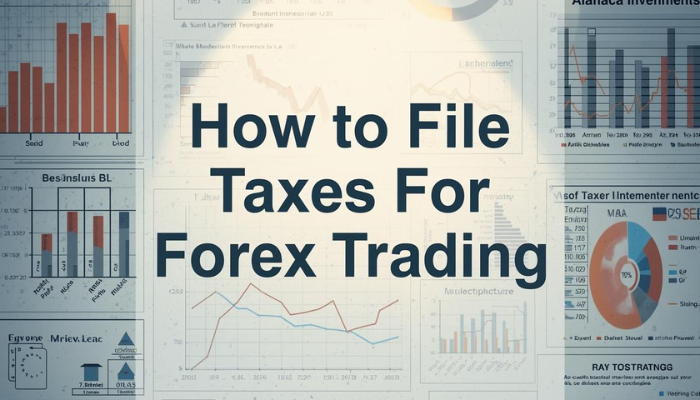
What is MUD Tax?
There are a lot of acronyms and terminology in the world of taxes that need to be clarified. The name ‘MUD tax,’ or Municipal Utility District tax, is one example. But what is MUD tax? What does it do for individuals or businesses?
To comprehend the concept of MUD tax, our business property tax services step forward as a helping hand for you!
What Does MUD Tax Mean in Texas?
Municipal Utility Districts (MUDs) are organizations established by local governments. They supply essential utilities and services to specific regions under their control. These services usually cover
- Drainage
- Sewage
- Water
- Parks
- Leisure centers
A board of directors chosen by the district’s citizens oversees MUDs.
The Municipal Utility District can now pay for these necessary services by implementing the MUD levy. This tax is collected yearly as part of the property tax bill. It is imposed on properties within the MUD’s limits.
Outcome of MUD Tax
It is vital to comprehend what is MUD tax and how it affects property owners’ overall tax burden. Here are some essential things to think about:
Local Funds for Essential Services
The Municipal Utility District’s infrastructure and services are supported locally through the MUD levy. Several services are necessary for the community to operate and be well-off.
Property Tax Bill
MUD tax is typically included in the property tax bill that the local taxing body issues. This tax is determined by the assessed value of the properties. It must be paid by property owners inside the MUD limits.
Municipal Utility District (MUD) tax provides local revenue for the district’s infrastructure and services. These services depend on the community’s ability to operate and be in good health.
Integration with Property Tax Bill
The local taxing body usually includes the MUD tax in its residential property tax bill. Based on the assessed value of their properties, property owners inside the MUD limits must pay this tax.
Different Rates and Assessments
The Municipal Utility District’s unique regulations and requirements may affect the MUD tax rate and assessment methodology. Variables influencing the tax rate include
- Property valuation
- Service utilization
- Infrastructure development initiatives
Accountability and Transparency
Tax money is subject to some degree of accountability and transparency because MUDs are run by elected boards of directors. Citizens can participate in board meetings and decision-making procedures. They can guarantee efficient and responsible use of tax dollars.
Are MUD Taxes Included in Property Taxes?
MUD taxes are a component of a homeowner’s total property tax bill when the property lies within a MUD boundary. MUD levies are established and collected by the district independently. But, they commonly appear on the annual tax statement alongside county, school, and city taxes. MUD tax effectively increases the overall property tax obligation.
MUDs issue bonds to finance infrastructure. They set tax rates to repay that debt. Therefore, homebuyers should review the MUD rate and term during purchase negotiations. MUD assessments can significantly affect long-term carrying costs. Consult the MUD’s official website and disclosures.
MUD Tax Calculator
A MUD tax calculator estimates the annual MUD charge by multiplying the property’s appraised taxable value by the MUD’s tax rate (expressed per $100 or per $1.00 of value). Then, it is divided by the appropriate base along with adding any specific district fees.
MUD rates and taxable values vary by district and change annually. Therefore, the most accurate calculation uses the MUD’s current tax rate and the local appraisal district’s assessed value.
Prospective buyers can combine MUD calculators with county property-tax estimators to project total tax liability and budget accordingly. Many county appraisal districts and MUD boards publish prior tax histories online.
The Bottom Line
MUD tax is a charge levied on properties inside a defined MUD to pay for necessary infrastructure and services. For property owners in these areas, knowing what is MUD tax is essential since it affects their tax liabilities and helps fund essential public services. Understanding the foundations of MUD tax can help people make sense of the intricacies of property taxes.
Read More:
list three things you should look for when hiring a tax professional.


